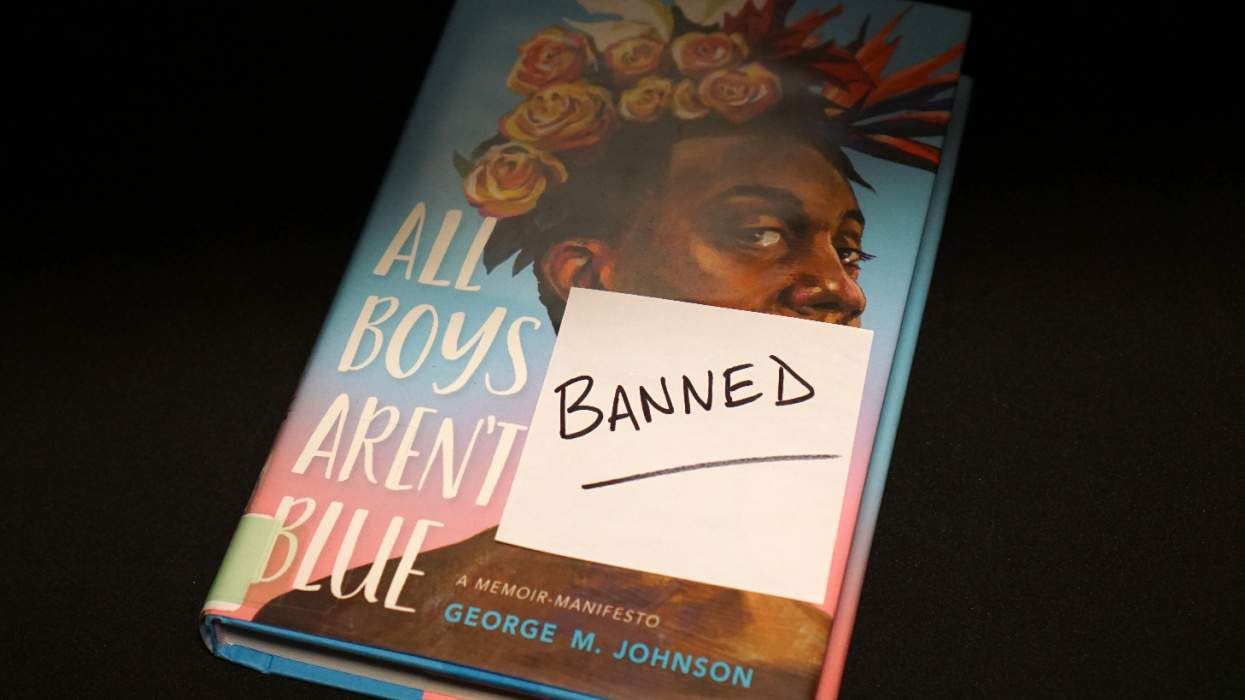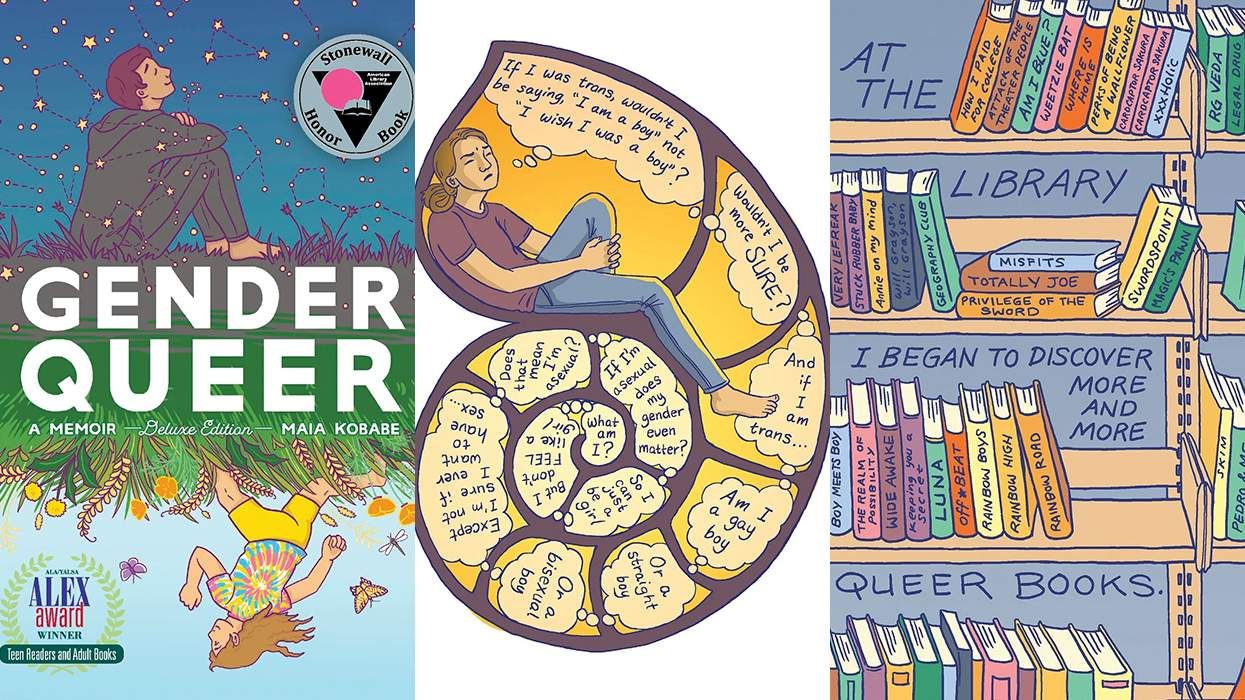Coming-of-age stories will always retain appeal for gay people. They remind us that we can emerge whole from family dysfunction -- even when queerness is seen as an unforgivable sin -- and that the unique unhappiness of other families can be fascinating.
Big New York publishing houses aim most of these types of novels at the teen market. So it's refreshing to find that Backslide, by Teresa Stores, was written for adults. Don't let the uninspired brown-and-red cover deceive you: The story, published by indie press Spinsters Ink, illustrates in living color what it was like to grow up as a Southern Baptist in the '60s, navigating the bumpy road from loneliness and sexual denial to self-assurance.
The outlines of Virge Young's fictional journey -- from an earnest young churchgoer smothered in polyester and panty hose to a spiky blond lesbian mother who defends her lifestyle on national TV -- are both familiar and idealized. But it's the depth of Stores's characterizations of the protagonist's friends and family that give Backslide its resonance.
Told largely in flashback, the book centers on Virge's youth in Jacksonville, Fla., in a working-class family, where she tries -- and fails -- to make herself invisible to her iron-fisted father. When Virge brings home her best friend, Ricki Ann, her father is enraged by the girl's flirty blue eye shadow and tight "Snoopy for President" T-shirt, which he deems "unpatriotic." But those charms aren't lost on Virge, who agrees to practice kissing with Ricki Ann because they're about to enter junior high and "should be all ready." It's a familiar scenario, yet full of yearning that becomes even more palpable after Ricki Ann drops Virge for more popular friends the following school year. It's to Stores's credit that Ricki Ann remains as vivid and shrewd a foe as she was a friend.
In one of the novel's most memorable scenes, Virge gets dropped off to pass out religious pamphlets in the suburb where the kids with the coolest clothes and Brady Bunch hairstyles live. Armed with a handful of "One Way to Heaven" leaflets, she has three blistering summer hours to fill leading poor souls to the Lord -- though Virge is smart enough to tell herself that "even if Rolling Hills has some lost souls, none of them are poor." Sure enough, she runs into three popular girls from school, tanning in their bikinis and itching to tease her.
Alternately, Virge finds respite with Miriam Rosenbaum, a Holocaust survivor who teaches her more about kindness and moral ambiguity than she's ever learned in church; and Mel, a Baptist black girl from school, who challenges her father's bigotry. These nuanced friendships force her to dig deep inside herself. And while she finds unexpected support from her devout and yielding mother, Virge begins to face the gnawing fear that she's backsliding from being "saved."
Threaded throughout Virge's struggle for self-confidence are vignettes from her 25-year high school reunion, where she encounters many former classmates. Some of these meetings are more emotionally satisfying than it might be reasonable to expect from real life, and some lose their punch amid lengthy flashbacks. But by the end of the novel we don't doubt Virge's hard-won self-acceptance, or that it came both because and in spite of her upbringing.















Charlie Kirk DID say stoning gay people was the 'perfect law' — and these other heinous quotes
These are some of his worst comments about LGBTQ+ people made by Charlie Kirk.